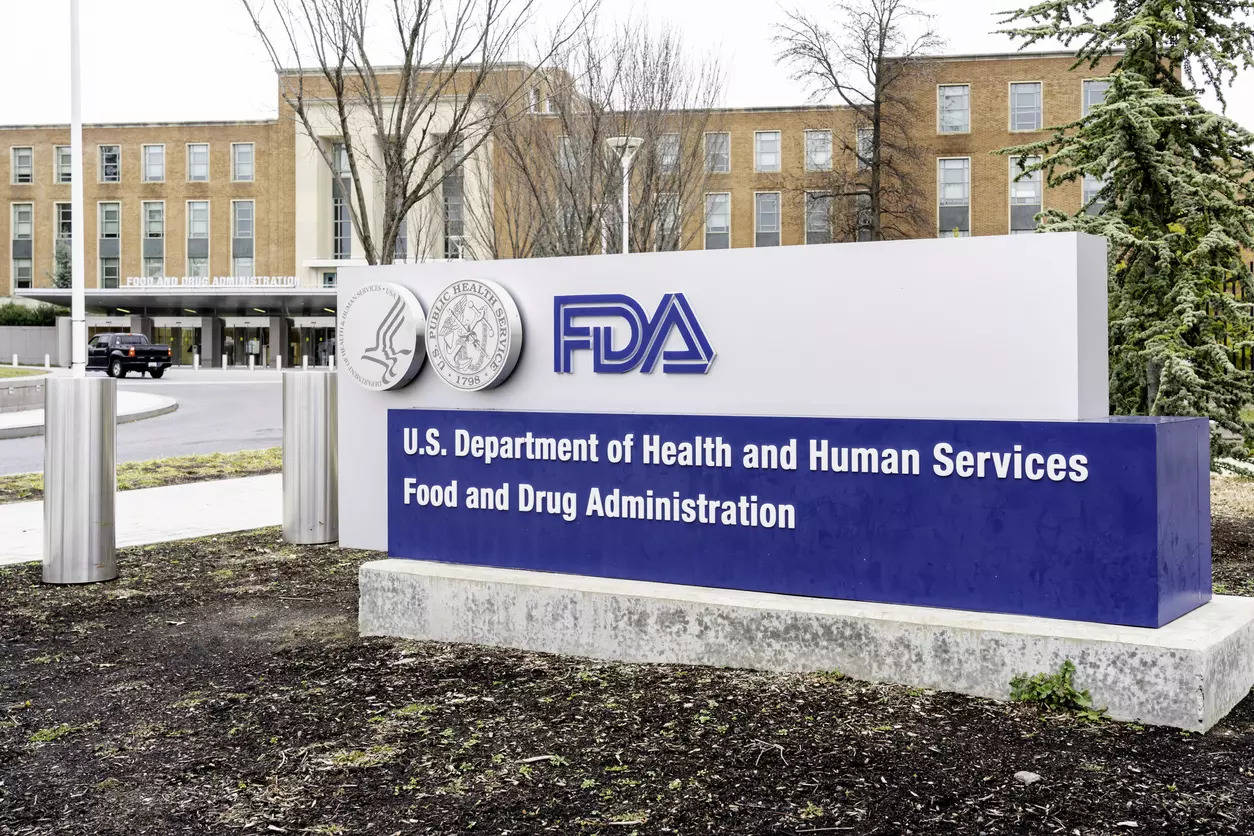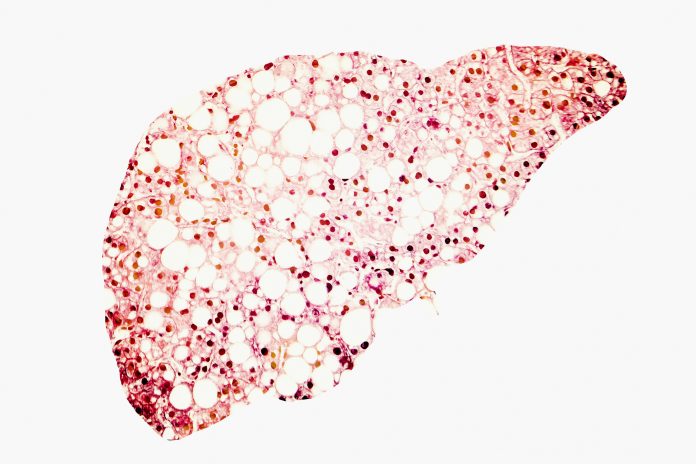TIMESOFINDIA.COM | Last updated on – May 18, 2023, 14:00 IST
What is Bell’s palsy?
(Representative image)
Bell’s palsy causes sudden weakness in the muscles on one side of the face due to dysfunction of cranial nerve VII which controls facial expression. In most cases, the symptoms of Bell’s palsy significantly improves over a few weeks to six months. However, it can last longer for some people.
The condition makes half of the face appear to droop. Affected people’s smiles are one-sided, and the eye on the affected side resists closing, according to Mayo Clinic.
What causes Bell’s palsy?
The exact cause of this neurological disorder is not clear. However, Bell’s palsy can be triggered by viral infections, impairments in the immune system, or infection of the facial nerve. The infection inflames or swells the nerve that controls your facial muscles. The impact can be mild or even severe.
Advertisement
Bell’s palsy’s link to COVID & COVID vaccine
Studies and reports have found that Bell’s palsy has also happened to people after COVID infection or after receiving a COVID-19 vaccine. However, they could not determine if the vaccines cause Bell’s palsy or how many vaccinated people experience this neurological disorder, compared to unvaccinated individuals.
What research revealed
Research published in JAMA Otolaryngology–Head & Neck Surgery analyzed 50 studies to compare the incidence of Bell’s palsy in COVID-19 vaccine recipients to unvaccinated people or those that received a placebo.
The researchers found a higher incidence of Bell’s Palsy among vaccinated individuals compared to those who received a placebo in randomized controlled trials. However, the researchers found no association between an increased risk of Bell’s palsy and COVID-19 vaccines in observational studies.
Bell’s palsy risk higher during COVID
More research needed
More research is required to verify the results so far and to also determine the possible reasons why some people develop Bell’s palsy after getting vaccinated. Still, researchers also suggest that COVID-19 vaccines likely play a protective role in preventing such conditions by reducing the risk of getting infected with COVID-19. If you have any symptoms of Bell’s palsy, it is important to see your doctor immediately.
Read more: Breast cancer: These are the unusual signs of breast cancer other than a lump
Expand










